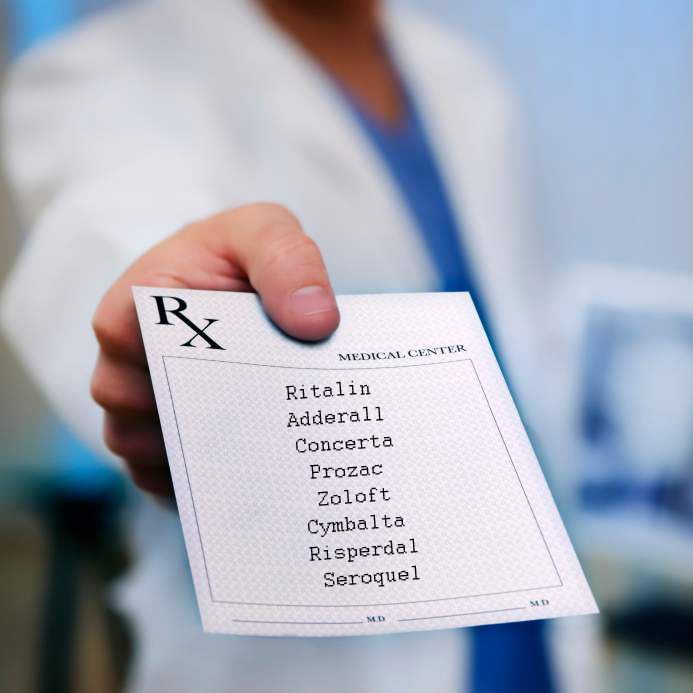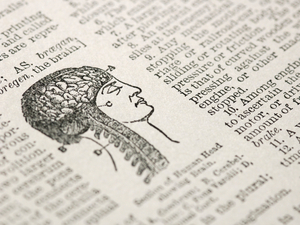
Mental health patients complain of ‘zombification’
Excessive use of forced detention and coerced treatment by the NHS means patients have little control over their treatment. “I became ‘zombified’ for nearly 12 months when I was forced to take mood stabilisers and antipsychotic medication,” says Reka Krieg. The 30-year-old has bipolar disorder, so has periods of manic activity and psychotic episodes, which led to her being forcibly detained and treated in hospital in 2009. Krieg’s case exemplifies the crisis in NHS psychiatric care, which is resulting in excessive use of coercive detention and treatment of people with mental illness. Latest statistics released in January show a 17.5% rise in the number of people being “sectioned” – under the Mental Health Act (MHA) – from 32,649 in 2008‑09 to 38,369 in 2009-10. This means that nearly 40% of patients in NHS psychiatric units are there under legal duress.




